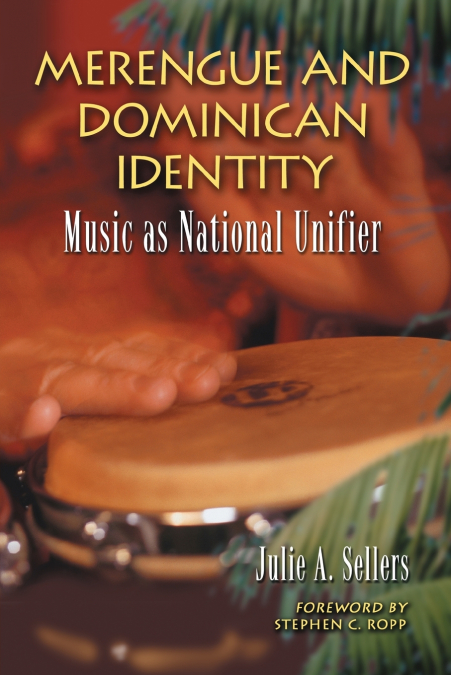
 Librería Desdémona
Librería Desdémona
 Librería Samer Atenea
Librería Samer Atenea
 Librería Aciertas (Toledo)
Librería Aciertas (Toledo)
 Kálamo Books
Kálamo Books
 Librería Perelló (Valencia)
Librería Perelló (Valencia)
 Librería Elías (Asturias)
Librería Elías (Asturias)
 Donde los libros
Donde los libros
 Librería Kolima (Madrid)
Librería Kolima (Madrid)
 Librería Proteo (Málaga)
Librería Proteo (Málaga)
The merengue is internationally recognized as the Dominican Republic’s national dance. It is an integral and unifying element of Dominican identity both within that nation and among emigrants abroad. Although Dominicans often make the claim that merengue has always been in their blood, the dance is relatively young, and its popularity among Dominicans of all social classes and ages is an even more recent occurrence. This book presents three convincing arguments about the merengue’s longevity as a unifying symbol of Dominican identity: Dominican identity and the merengue have necessarily been extremely fluid in order to encompass the different cultural and ethnic groups present; historically, the merengue has become a stronger identity symbol when the nation is or is perceived to be threatened from outside; and the white, Catholic, Hispanic Dominican has long been held as the 'true' Dominican identity, causing the dance to become progressively 'whitened' in terms of performers and style to reflect this notion and gain wider appeal at home and abroad. A map of the Dominican Republic, related photographs of key figures of Dominican history and merengue artists across the decades, and a complete bibliography are included.